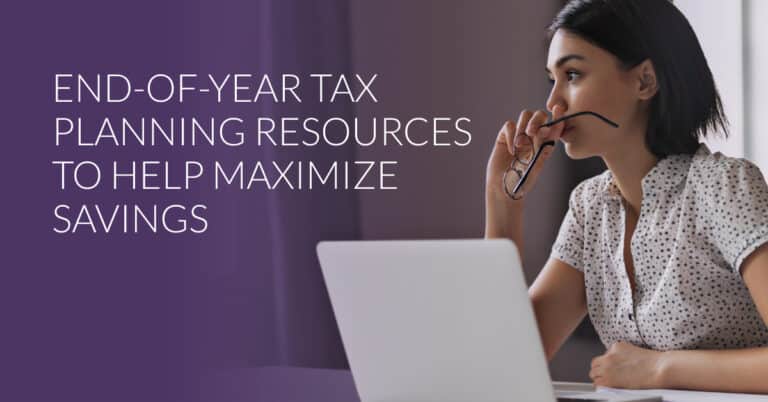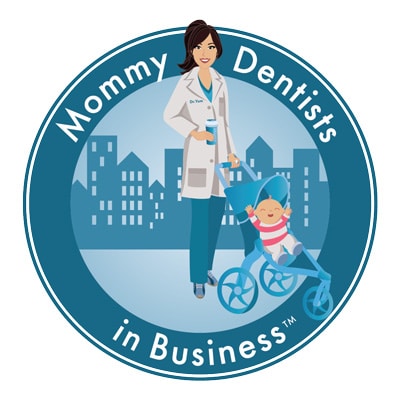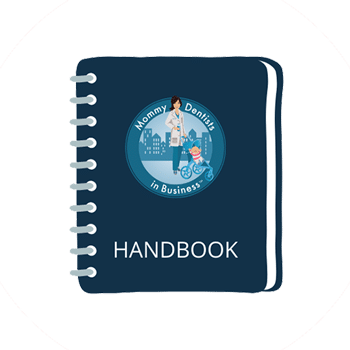MDIB Quarterly Newsletter No. 4
October. 2022

Year-End Tax Planning Considerations for 2022
Implement These Tax-Saving Action Items Before Year-End
Cain Watters and Associates recognizes the impact this year’s volatile market and inflationary pressures have brought to the 2022 tax filing season. It’s important to remember, however, that the end goal should not be to blindly push income into the following year or pull expenses into the current year without good reason. Rather, it’s important to focus on the key strategies of business tax planning.
Although most investors and small business owners strive to implement tax planning strategies throughout the year, there are often items that need to be considered prior to year-end.
Now is the time to pause and review your individual situation to make sure you’ve maximized your tax planning as we approach the last calendar quarter of the year.

Corporate Tax Planning Strategies
Know if your state allows a Pass-Through Entity tax deduction
– Over 20 states that have state income tax allow owners of S Corporations or Partnerships to pay their state income tax at the entity level for the portion of their income that is passed through on their K-1.
– This allows you to receive a federal tax deduction for a portion of your state taxes that would otherwise not be deductible.
– The tax payments need to be made prior to December 31. 2022 in order to be deducted in 2022.
Consider a Defined Benefit Plan, and it’s not too late to add this plan for 2022.
– Have you maximized your 401(k) Plan but are still looking for a way to save more in a tax-deferred environment and have excess cash flow?
– If a Cash Balance plan has been on your to-do list, in general, most advisors will continue to set these up if it makes financial sense and the paperwork is submitted by early December. This year the IRS has granted extended time, allowing set up to roll into the new calendar year as long as it’s complete before filing your 2022 return.
Consider deferring income around year-end into the next tax year and prepay expenses before year-end.
– It is not expected that the tax law will change in 2023. For this reason, the fundamental concept of accelerating deductions and deferring income is still sound.
A common example of this is accelerating supply orders you would normally pay next year before year-end.
Another example of this is pre-paying a CE course or business trip you know is on the horizon for the year to come.
This may not be the right approach for someone who expects to earn significantly more income in the following year. Consult your financial advisor.
Purchase equipment before year-end and ensure it is “placed in service” by Dec. 31, 2022.
– If you need new equipment and the equipment will increase your ability to make more money in the future, purchase this before year-end.
The section 179 and bonus depreciation rules allow doctors to write-off substantial equipment purchases.
CWA advisors caution you not to purchase the equipment just to avoid taxes. In that case, it is more economical to just pay the taxes.
Placed in Service is defined as when the property is ready and available for use. This includes when the equipment is held in local storage.
If planning leasehold improvements to qualified business property, ensure it is placed in service by 12/31/2022.
– A taxpayer can claim bonus depreciation on 100% of the property’s cost basis through 2022.
After 2022, the bonus depreciation percentage decreases by 20% each year until reaching 0% in 2027 and beyond.
Review “qualified business property” to ensure your improvements qualify.
Not all states offer this tax benefit.
Reimburse yourself for business expenses you paid personally by year-end.
– If you have personally paid any business expenses this year, have the business reimburse you before year-end.
2022 is the last year to deduct 100% for business meals.
Know what you can and cannot deduct from business-related travel.
The IRS increased the gas mileage deduction for the second half of 2022.
Entertainment expenses generally are not deductible although there are many exceptions.
S-Corporation Health Insurance
– If you operate your business in an S-Corporation and pay for your health insurance through your business, you must report the premiums paid on your W-2 form.
While these premiums are not considered wages for employment taxes, they must be reported here in order to be deducted on the S-Corporation and the shareholder’s personal return.
ADJUSTING FOR A VOLATILE INVESTMENT MARKET
2022 brought volatility in the investment market. Of course, you need to report and pay taxes on capital gains, but what about losses?
In down years, you may be able to use your loss to lower your tax liability and better position your portfolio going forward. This strategy is called tax-loss harvesting. If you are in this situation, ask your financial advisor if you should consider this tax-smart strategy. This may work very well if you sold a business and have a large capital gain.
Personal Tax Planning Reminders
As your plan permits, adjust your 401(k) Plan deferral contributions, if necessary, before year-end to ensure you reach the maximum statutory limits for the year.
– For 2022, the 401(k) maximum limits have increased to $20,500 for those under 50 or $27,000 for those over 50 by year-end.
Required Minimum Distributions (RMDs)
– Ensure you have taken your RMDs by year-end, if applicable.
– Have your charitable contributions deducted from your RMD for increased tax savings.
Safe Basis & Tax Payments
– Verify that you have sufficient taxes paid in by Jan. 15, 2023, in order to minimize paying any penalties or interest. This is referred to as “safe basis.”
You can do this either through your payroll tax withholdings or with a fourth quarter estimated tax payment, no later than Jan. 15, 2023.
Fund and convert your Backdoor Roth before Dec. 31, 2022.
– Although taxpayers technically have until April 15, 2023, to get this funded for the 2022 tax year, completing this step early ensures the Roth conversion matches up with the associated tax year.
Ensure you have funded your charitable contribution and donation goals by year-end.
– Last year’s CARES Act enhanced tax incentives for making charitable contributions have expired.
You can no longer claim above-the-line deductions and must itemize all deductions.
2022 charitable contribution rules have reverted back to no more than 60% of your AGI for cash contributions.
The limit is 30% of AGI for non-cash contributions (for example, donating shares of stock).
The above considerations just capture the main planning ideas our advisors want to ensure you do not miss out on.
If you’re not confident you are maximizing your tax planning opportunities, CWA advisors are here to help. Contact the CWA team to review your current tax situation and help discuss opportunities to take advantage of by year-end.
Cain Watters is a Registered Investment Advisor. Cain Watters only conducts business in states where it is properly registered or is excluded from registration requirements. Registration is not an endorsement of the firm by securities regulators and does not mean the adviser has achieved a specific level of skill or ability. Request Form ADV Part 2A for a complete description of Cain Watters investment advisory services. Diversification does not ensure a profit and may not protect against loss in declining markets. Past performance is not an indicator of future results.

About MDIB
Our community is focused on education, support and resources.

F. A.Q.s
Answers for membership, accounts and sponsorships.

COVID-19
Industry leaders share advice for this pandemic.

Partner
Media resources and sponsorship opportunities.



